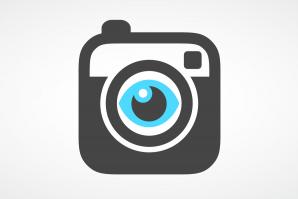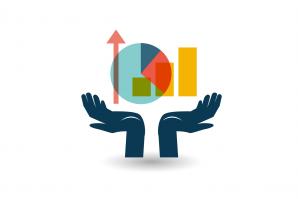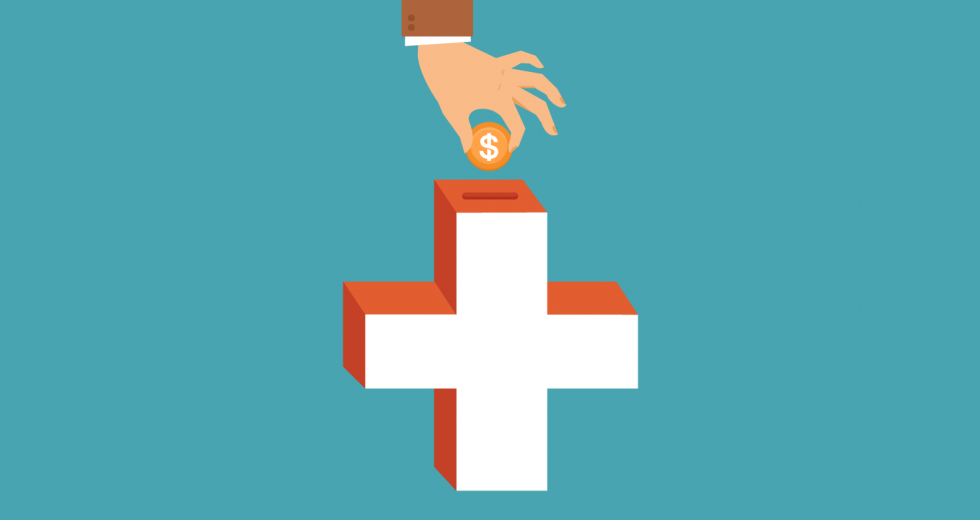Sometimes quantity is better than quality.
That’s the thinking behind CrowdMed, a website that allows an online community of medical professionals, patients, and laypeople to solve cases for patients with undiagnosed medical conditions.
Circumventing traditional means of diagnoses in favor of the Internet masses, CrowdMed draws heavily on patients’ personalized experiences to help solve difficult medical mysteries – something the academic medical community has been doing for years in more controlled and markedly slower capacity. But as crowdsourcing services gain popularity, are people really going to be more inclined to trust the crowd over their own physicians?
CrowdMed’s founder and CEO Jared Heyman says absolutely.
“The traditional medical system is very much built around this paradigm of individual experts,” Heyman says. “So when people are sick, their first instinct is, ‘Let me find that one person, that one individual expert who’s the foremost expert in the world on whatever my symptoms are.’”
“In reality, we’ve found that crowds truly are much wiser than even the smartest individual doctors in the world.”
Since 2013, CrowdMed’s medical detectives have successfully “solved” more than 600 cases, which means in 70 percent of the cases posted on the site to date, patients said the information received brought them closer to a diagnosis or cure.
But there are concerns with a service that operates outside the controlled environment of conventional medical research.
Dr. Nick Anderson is the director of biomedical informatics at the UC Davis Medical Center. He says that by forming patient-based online medical communities, the access to other personalized accounts of a disease or condition can be a major asset to patients in ways traditional clinical trials or retrospective studies cannot.
“On the other hand, if you get a sufficiently large amount of data and you are speculating, you have probably as good a chance of drawing incorrect conclusions as you do from drawing correct conclusions,” Anderson says. “There’s likely always more to be learned through the crowd, the patients themselves and health in the context of the environment, but that needs to actually have an underlying source of evidence, chain of custody, [and] provenance of data.”
That’s where informatics and academic medical research come in. Organizations like the Patient-Centered Outcomes Research Institute, a federally funded academic research initiative, have been attempting to standardize and integrate patient-reported data to inform medical treatment.
Individual presentations of diseases vary wildly and are so personal, often making the patient more of an expert on his or her condition than a doctor, Anderson says. This kind of data is thereby essential in advancing modern medicine when it comes to rare diseases. But science, research and drawing conclusions take time – time most patients simply do not have.
On average, CrowdMed’s patient participants have been suffering from undiagnosed symptoms for eight years, have seen eight different doctors and have racked up $50,000 in debt, Heyman says.
Heyman, an Internet technology entrepreneur, watched his sister suffer from an unknown medical condition before being successfully diagnosed only after seeing a large team of interdisciplinary doctors – three years and thousands of dollars later.
He wanted to help patients like his sister save time and avoid debt. So he created his own forum for solving cases, drawing instead on “the wisdom of crowds.”
Patients pay the site $99, $299 or $499 dollars to post their cases online for 30, 60 or 90 days respectively. The different subscription packages come with increasing levels of service such as higher numbers of detectives on a given case and detectives with better case-solve records.
The top two packages offer cash rewards of $200 and $300 and are only available to the top 2 percent of medical detectives: While anyone can help solve cases by signing up online, this small percentage accesses the reward cases by amassing a substantial track record of successful resolutions.
Over 10,000 detectives had signed up as of 2014, Heyman says, and about two-thirds work or study in the medical field.
When a patient’s case duration expires, he or she can pay an additional $99 to extend their case’s life for an additional 30 days. CrowdMed offers refunds to patients who are not satisfied with their results if they submit a letter from a physician.
In operating on a case-by-case model that is working outside of traditional medical channels, independent crowdsourcing services do not qualify and categorize data in a controlled way that establishes cause-and-effect to benefit future patients, Anderson says.
CrowdMed takes a quicker, more direct approach with its participants. Its intention is not to amass data for future cases, but rather to solve cases here and now.
Heyman says his next step is to get insurance companies on board to defer costs from patients, which would be a “win-win” by reducing costs to insurance companies “by us solving their toughest cases much more efficiently than it could happen through the traditional system.”
As the crowdsourcing and patient-reported outcome data converge, it remains to be seen how they will jibe within the framework of conventional medicine.
In the meantime, Heyman says his work with CrowdMed is the most rewarding he has ever done, reminding him of his own experience within his family.
“Everytime that I see that we solved a case, I know that that’s someone’s sister, just like my sister, or someone’s daughter, or someone’s brother, or someone’s father,” Heyman says. “I can’t imagine anything I’d rather be doing.”
Recommended For You

Who’s Your Doctor
Where do you turn when answers are hard to find?
How likely are you to crowdsource a diagnosis for a mysterious medical condition?

Convenient Care
How concierge medicine is changing the health care marketplace
Think of your best friend, a friend that knows all your ticks, hobbies and vices. Now imagine this friend happens to be a doctor, and she’s your doctor.

Social Stalking
How much is too much?
How would you feel if, during an interview, a potential employer questioned you about a recent post you had made on social media?

The Upside of the Downturn
3 ways the sharing economy is a better economy
The sharing economy is a collaborative economic movement inspired by the efficiency of loaning and sharing existing resources on a fee-for-service model. It reduces environmental waste while supporting financial sustainability and building stronger communities, and it’s having a bigger impact than you might realize.



